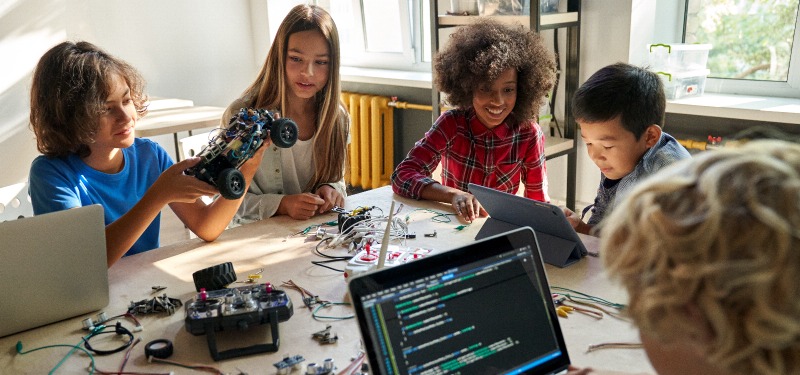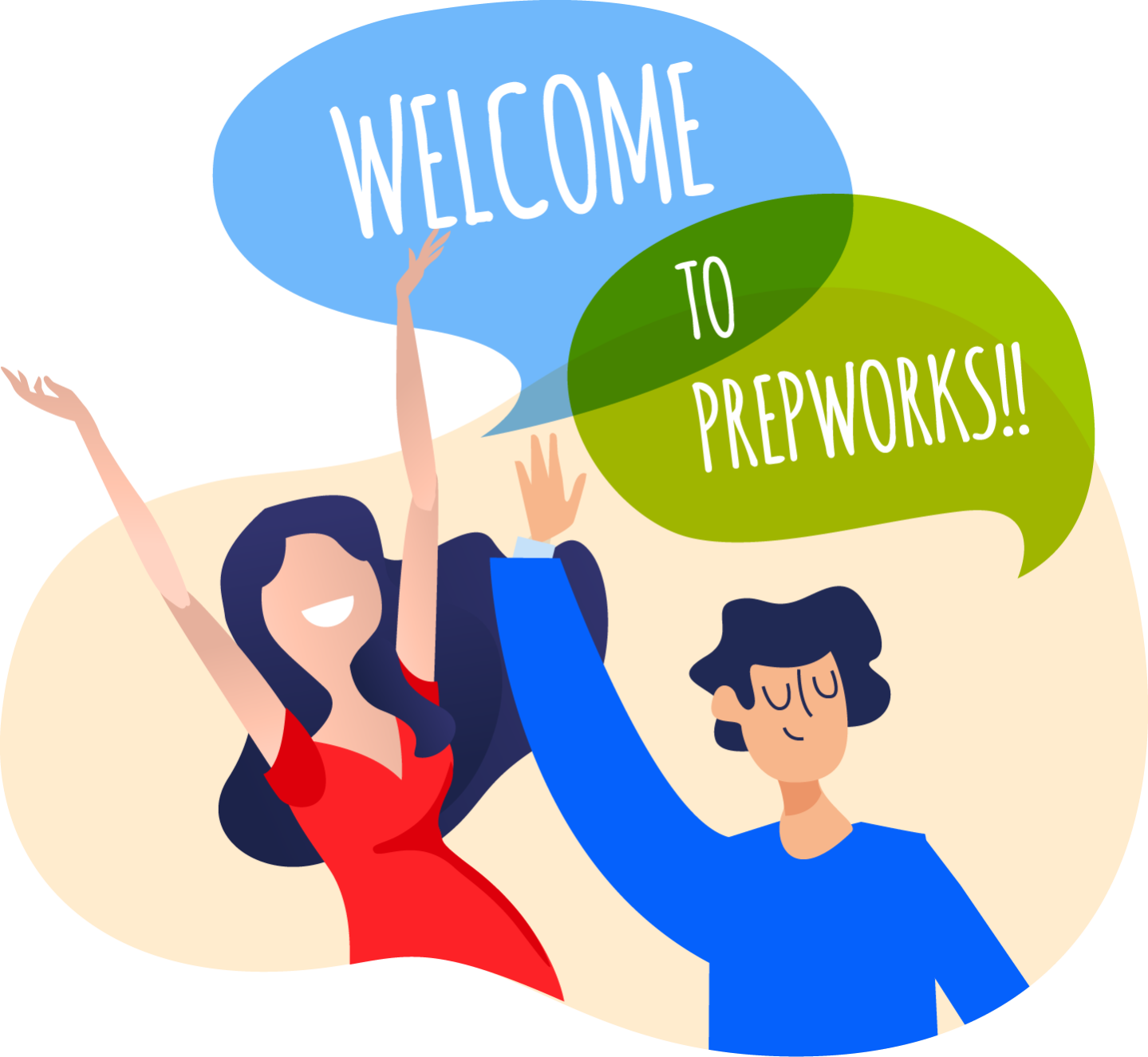
Learn Music, Not Coding, to Boost Your Brain.
In recent years, coding has been introduced as part of the curriculum for many students in the form of Python or ScratchJr. Education policymakers highlight the importance of coding, as it is a way to ensure computer literacy and helps improve mathematical skills or language skills. Yet, how accurate are these claims?
While people who know how to code may be more technologically literate, most people can use computers without the knowledge of coding. Would a person need to understand electronic circuitry to operate a washing machine? Learning how to operate software or maintain a device does not require knowledge in coding. Therefore, learning to code isn’t the only way to learn about technology.
There are also opposing views on coding and the skills students pick up. Some argue that, as coding is maths, it provides an alternative way of learning that involves more application instead of just answering questions. Conversely, as learning coding is similar to learning a new language, some believe that it improves language skills instead. While these parties have yet to reach a consensus, it is still widely believed that coding improves a student’s skills.
However, recent studies by MIT neuroscientists has shown that coding activates different regions of the brain, compared to the regions needed for language or maths. MRI scans show that understanding code activates a network in our brains known as the multiple demand network – areas of the brain recruited for complex cognitive tasks such as maths problems or crossword puzzles. The regions activated are also noted to be different regions compared to the ones used in solving maths or logic problems. This means that learning coding may not necessarily improve a person’s ability in mathematics or language.
Some researchers claim that instead of focusing on coding, learning music can have more positive effects on the brain. A research has shown that the brain of an individual who learned music is more interconnected than non-musicians. This can lead to better working memory and executive functions, bringing positive effects to other domains such as language learning or intelligence. They also indicate that learning new things, such as ballet, golf or chess can also create this interconnectivity.
Overall, as coding is a new invention, researchers say that it’s unlikely that we have any hardwired mechanism in our brains that enables us to boost our abilities.








